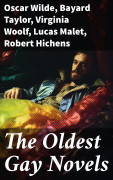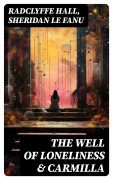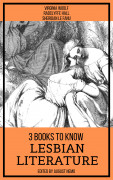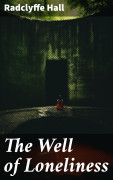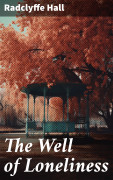Radclyffe Hall, Sheridan Le Fanu: The Well of Loneliness & Carmilla
Classic Lesbian Novels
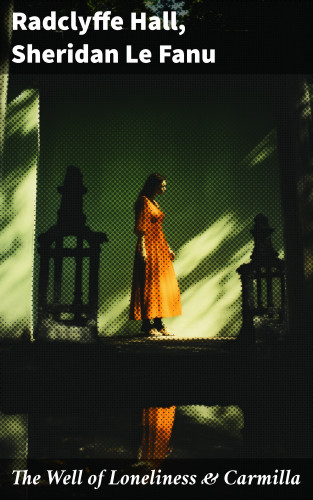
| Produkttyp: | eBook-Download |
|---|---|
| Verlag: | Good Press |
| Erschienen: | |
| Sprache: | Englisch |
| Seiten: | 543 (Druckfassung) |
| Format: | EPUB
Info▼
|
| Download: | 942 kB |
The anthology featuring Radclyffe Hall's 'The Well of Loneliness' and Sheridan Le Fanu's 'Carmilla' presents a groundbreaking exploration of queer themes through two distinct literary approaches: Hall's poignant social realism and Le Fanu's gothic horror. These masterpieces, despite their differing styles and historical contexts, converge on the exploration of the periphery of social acceptance and the nuanced representation of desire that transcends the conventional. The inclusion of both works in a single collection invites an enriching dialogue on the evolution of LGBTQ+ narratives in literature, underscoring the persistent relevance of these themes across time and genre. The authors, Radclyffe Hall and Sheridan Le Fanu, hail from disparate epochs of the literary spectrum, yet their works collectively provide a compelling examination of queerness that transcends the temporal and stylistic boundaries that typically segregate literary works. Hall, a trailblazer for lesbian visibility in the 20th century, and Le Fanu, a 19th-century master of supernatural fiction, inadvertently collaborate in this collection to illuminate the complexities of queer existence, contributing significantly to their respective genres. In synthesizing the historic and cultural impacts of both authors oeuvres, this anthology not only pays homage to their legacies but also situates them within the broader discourse of LGBTQ+ representation in literature. Readers seeking a rich, diversified encounter with literary depictions of otherness and desire will find this collection a valuable and enlightening addition to their exploration of the theme. The anthologys unique juxtaposition of Halls and Le Fanus works offers a profound opportunity for comparative analysis, inviting engagement with the texts not solely for their historic significance but also for the continued conversation they spark about identity, acceptance, and the human condition.
